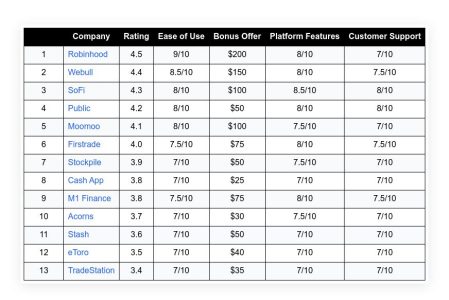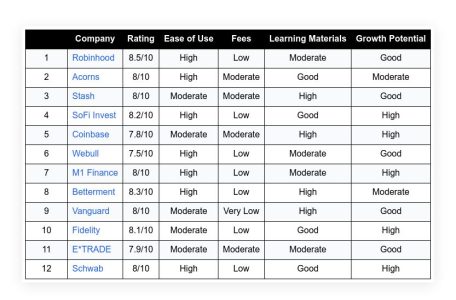Building a profitable small business is challenging. In fact, keeping a business solvent at all over time is even harder than most people realize; according to recent research, nearly 96 percent of all small businesses fail within ten years. While there are numerous reasons for this alarming statistics, one of which is that many businesses fail to become profitable. The high costs of transactions – between banking fees, customer service, and overhead – certainly play a large role in this. Any business that can reduce its transaction costs has a better chance of being profitable. Here are three tips that can help your business reduce high transaction costs, and start being profitable today.
Decrease Credit Card Fees
Credit card companies often charge merchant and processing fees as a percentage of a sale, and these fees often reach into the double digits. For small companies, this often cuts into profits considerably, so they should consider ways to lower these fees. Traditionally, the only option that companies had to limit credit card fees was to accept cash only transactions; even to this day, over 50 percent of American small businesses are cash only. However, the age of the Internet and mobile computing has remedied this a bit.
There are now mobile financial services that allow businesses and consumers to complete transactions without cash or cards. Due’s eCash system, for example, enables vendors to accept payments from customers with no credit cards. Another company, Dwolla, enables businesses to effectively accept wire transfers from customers’ bank accounts, at a cost of only 25 cents per transaction. Even if you cannot forego credit cards altogether, it is still worthwhile to explore your options and choose companies that have low processing fees. For example, Due has a highly competitive 2.8 percent rate, which can help your company reduce its transaction costs considerably.
Optimize Customer Service Channels
Customer service is critical to your business; customer loyalty is often made or broken on the quality of customer service a company provides its clients. Nonetheless, customer service is costly, and there are ways to better optimize the resources you commit to it. Your company should leverage an effective social media presence to manage contact with its customers. Surprisingly, many companies big and small often fail to do this; a recent survey indicated that over 50 percent of major companies don’t even monitor or respond to comments left on their companies’ Facebook pages. Doing so can provide your company rapid feedback on its product and services, and reduce high customer service transactions costs later.
Additionally, taking steps to increase your customer service center’s responsiveness via online live chat services can also help to more rapidly address customers’ concerns promptly, and eliminate the need for a large, in-person customer service staff. Finally, increasing customers’ ability to help themselves – via intuitive and oft-updated frequently asked questions (FAQ) sections on your website, or through a moderated forum for fellow customers, can also help to reduce customer service costs, while simultaneously boosting the support you provide to your clients.
Go Online
One of the simplest ways to reduce transaction costs is to forego traditional brick-and-mortar stores altogether. Simply go to an online model. An online store in lieu of a physical one can substantially reduce costs. In the age of mobile computing, still allow your company to reach customers. It also considerably reduces transaction costs of dealing with customers, since they shop for themselves and execute self-checkout when finished. There are services that can enable you to automate virtually all aspects of your business and dramatically expand both the hours your business is available as well as the market that has access to it. While this model is certainly not suitable for every small business, those that can adapt to it can realize substantial transaction cost savings in a relatively short order.















